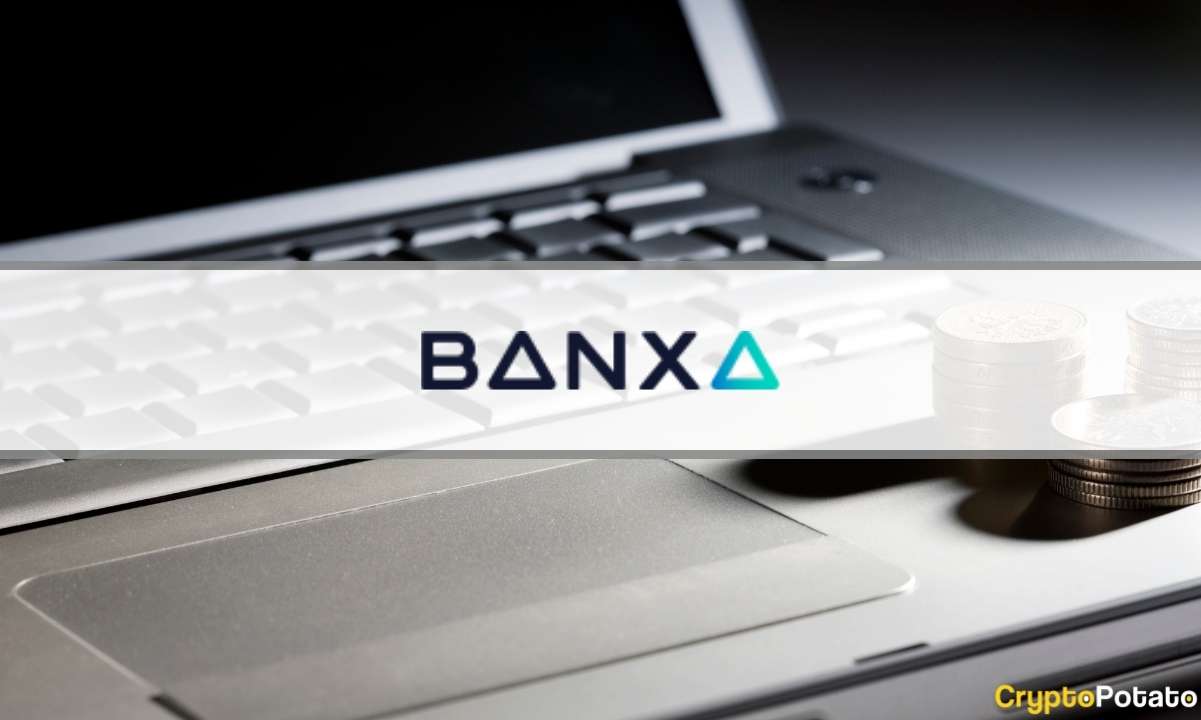Banxa: Tackling the Issues of Fraud on the Blockchain
The cryptocurrency space is no longer the wild wild west of finance. Less than a couple of years ago, institutions were wary of entering, mainly because many of the projects were in a proof-of-concept stage, while the broader outsider perception of crypto was that it was used mostly for illicit transactions.
And while the industry has managed to disprove a lot of the above, there’s still a lot of fraud going on in the cryptocurrency space. That’s not exclusive, of course, scammers are everywhere, and no market segment is secure.
However, the fact that most blockchains involve some sort of cryptography and transactions are, at the very least, pseudonymous makes the crypto industry a very desirable target. Not only this – there’s still a considerable risk when it comes to protocol design, and we’ve seen numerous hacks take place in the past couple of months alone.
This is where Banxa steps into the picture with a solution that aims to circumvent fraud attempts and provide a secure environment for investors and traders alike.

Bridging Worlds
First things first, it’s worth noting that Banxa is an Australian payment service firm that aims to provide a reliable and secure bridge between the worlds of traditional finance and the emerging field of decentralized economy.
It was founded in 2014, and it seeks to offer its clients, which include wallet providers, exchanges, and other types of crypto-related businesses, with a fiat-to-crypto gateway solution.
Banxa places a very strong emphasis on security and the prevention of failed transactions. A failed transaction is one that is initiated but not completed. This can happen for a range of different reasons – the user might decide to cancel it, they might have insufficient funds for the fees, the payment method itself may not be supported.
In any case, another thing to consider is that there are fraudulent transactions as well – these that are initiated via fraudulent means. These can include transactions that are made with a stolen card or via duplicity, deception, and so forth.
A large number of fraudulent or failed transactions can have a negative impact on the industry in a number of ways, including but not limited to:
- Reduction in conversions
- Reputation damage with partners and customers
- Costs from chargebacks
Banxa’s Approach
The focus of the company is on providing regulated and compliant-focused payments for businesses that deal with digital assets, including cryptocurrency exchanges, marketplaces, DeFi protocols, and so forth.
The company implements a rigorous know-your-customer (KYC) system that everyone needs to complete to access the highest limit to transact on the platform. This is a process that requires the users to send their phone number, home address, an ID issued by the government, as well as a selfie with said ID and other verification bits.
In addition, users need to go through two-factor authentication (2FA) to guarantee that third parties will have harder times accessing their funds. They would also be required to enter a PIN code that’s sent to the phone number associated with the account for further security.
Going further, Banxa is one of the first exchange payment systems to become a publicly-listed company. It is currently listed and traded on exchanges.
The company has also received regulatory approval in some countries such as the UK, the US, the Philippines, Australia, Amsterdam, Lithuania, the Netherlands, and so forth.









